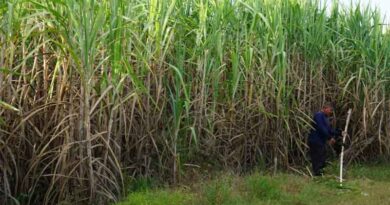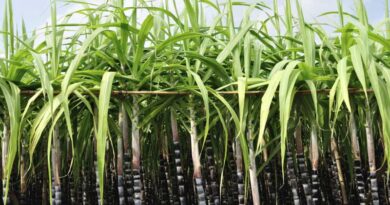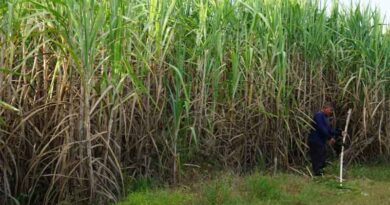Reports of ethanol policy threatening food security are malicious, says Govt
08 October 2021, New Delhi: The Petroleum and Natural Gas Ministry on Thursday called the reports linking the Union Government’s ambitious ethanol policy with food security fears in the country as unfounded, malicious and bereft of facts. It said fulfilling energy needs through all means is significant for the fastest growing country like India.
“It is very important to understand that for a young country like India, while meeting food requirements are of paramount importance, fulfilling the energy needs through all means is also significant. Thus, the changed perspective should be “food with fuel” and not “food versus fuel”, the Ministry said in a statement.
Tiding over liquidity crisis
“Fuel demand is ever rising in the fastest growing country and ever-increasing dependence on crude oil imports can grossly hamper our future growth potential. Developing in-house fuels like ethanol, biodiesel, compressed biogas (CBG) has the potential to turn around the energy sector. During the last six years, this government has successfully injected ₹35,000 crore into the liquidity-starved sugar industry by allowing conversion of surplus sugarcane-based raw materials (sugarcane juice, sugar, sugar syrup) for ethanol production,” the release added.
This has definitely helped in early settlement of cane farmers’ dues, thereby improving their financial position. For the ongoing season, it is expected that more than ₹20,000 crore will be injected through the ethanol blending programme alone, which will fuel growth in the rural economy — the most resilient sector in challenging Covid times, as per the release.
Diverting surplus stocks
The Ministry said the sugar production for ensuing sugar season 2021-22 is projected to be about 340 lakh tonnes (lt), over and above the opening stock of 90 lt which is cumulatively much above the domestic consumption of 260 lt. Out of this, surplus sugar quantity of 35 lt is proposed to be diverted to ethanol.
“Not to forget, these are surplus quantities of sugar to be diverted for ethanol production, else would have to be exported at subsidised rate to other countries or if released in the market would nosedive sugar prices much below the production cost leading to utter chaos. Similarly, the stocks of rice with Food Corporation of India alone (as on October 5, 2021) are 202 lt, much higher than the buffer stock requirement of the country,” the release stated.
The foreign exchange impact by blending ethanol in petrol has been to the tune of over ₹20,000 crore during the last six years. For the ongoing year, there will be an additional positive impact of around ₹10,000 crore. This money goes into the pockets of common Indians rather than crude oil purchases.
Also Read: Sugarcane labourers in Maharashtra to get an identity
Taking cue from above and as per global practices, the government has allowed conversion of surplus stocks of rice with FCI for ethanol production. Further, the government has also allowed conversion of coarse grains like maize for ethanol production. In spite of distributing free rice and other grains during Covid-19, FCI still holds huge stocks of rice. Moreover, enhanced quantity of fresh rice stocks will start coming in as the agriculture season has been very good, the Ministry further said.















